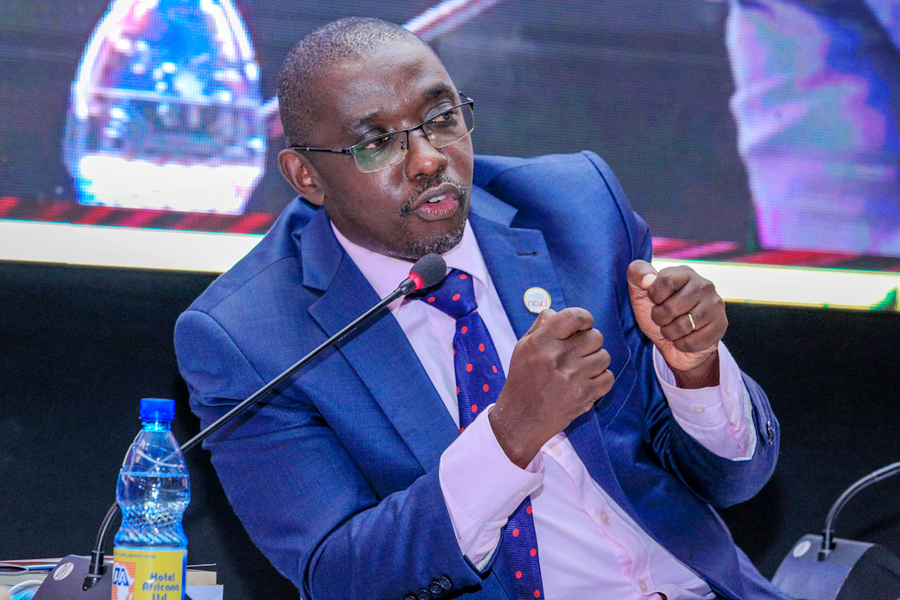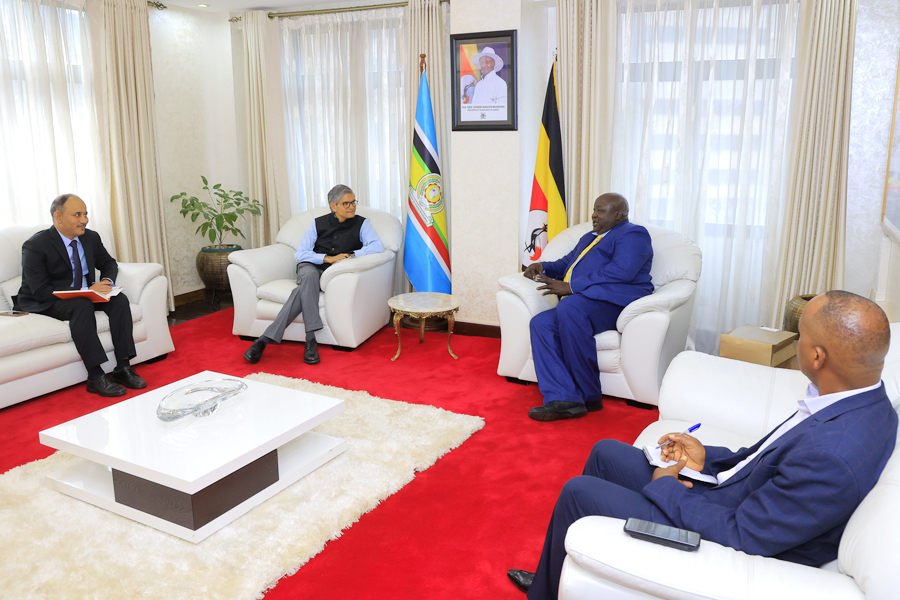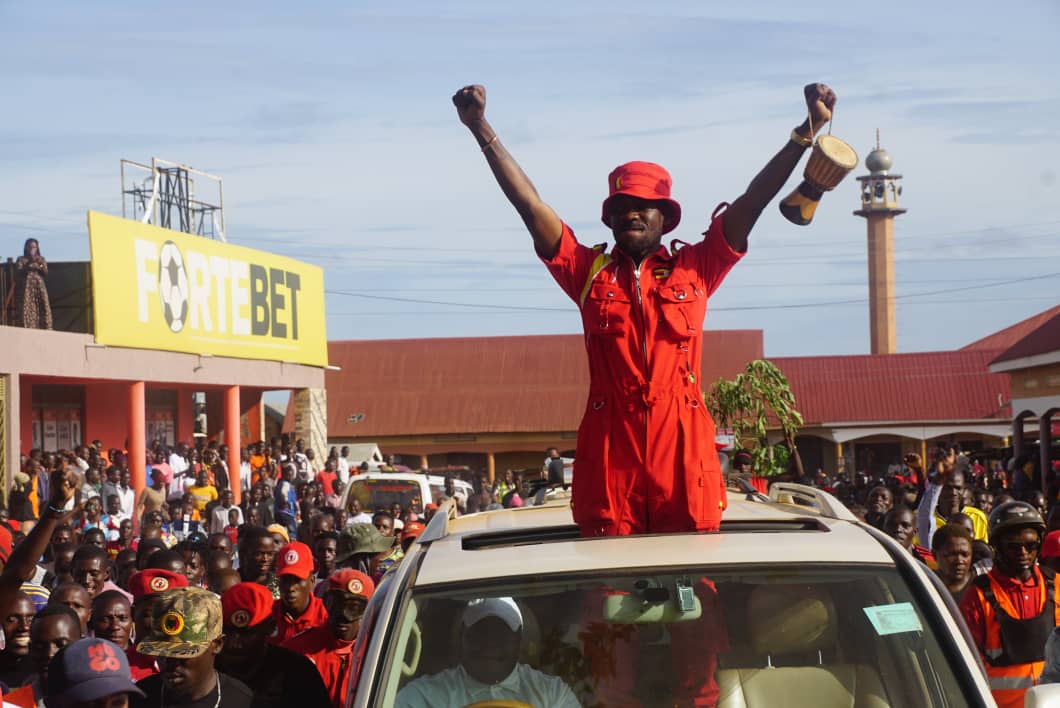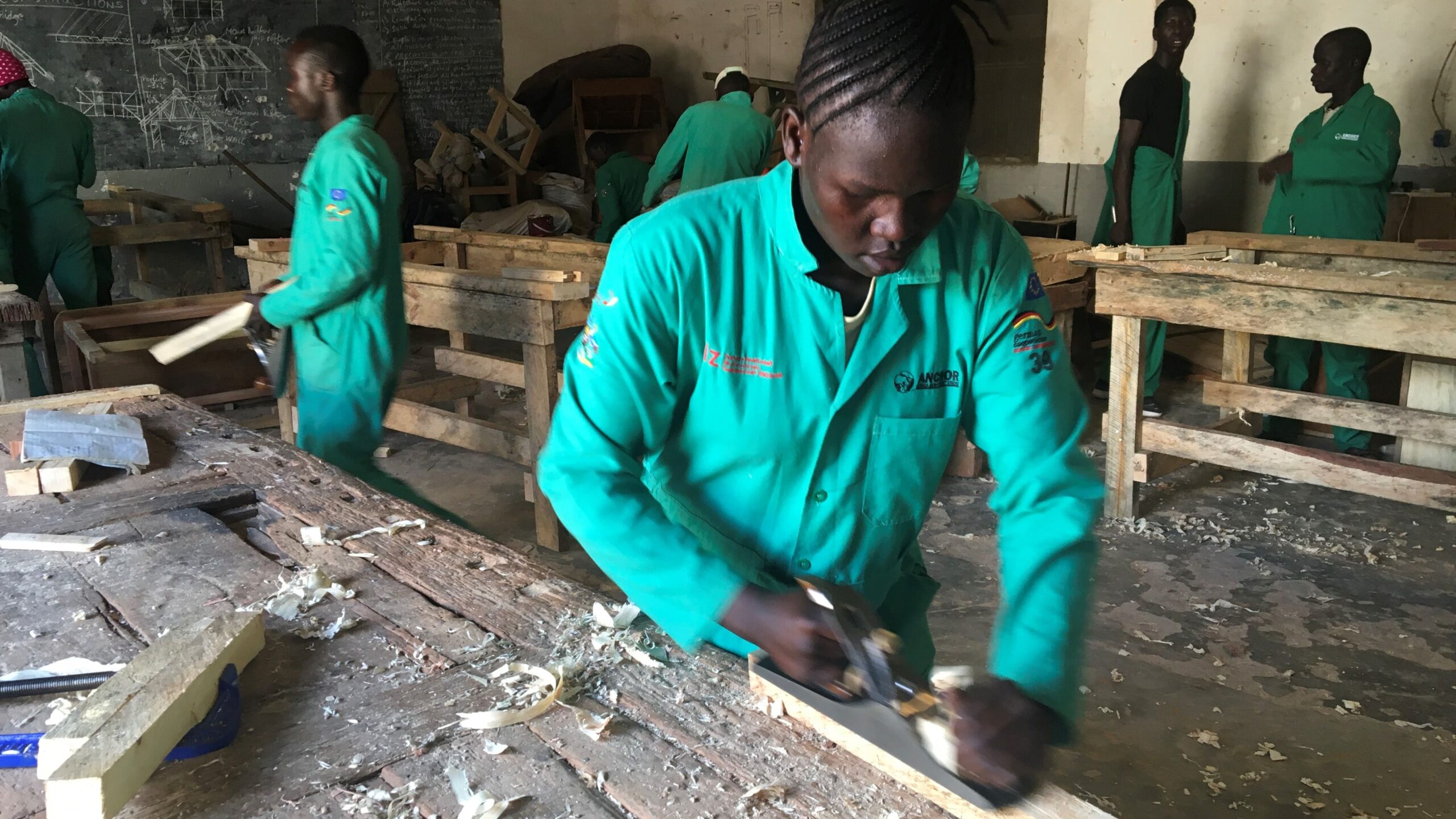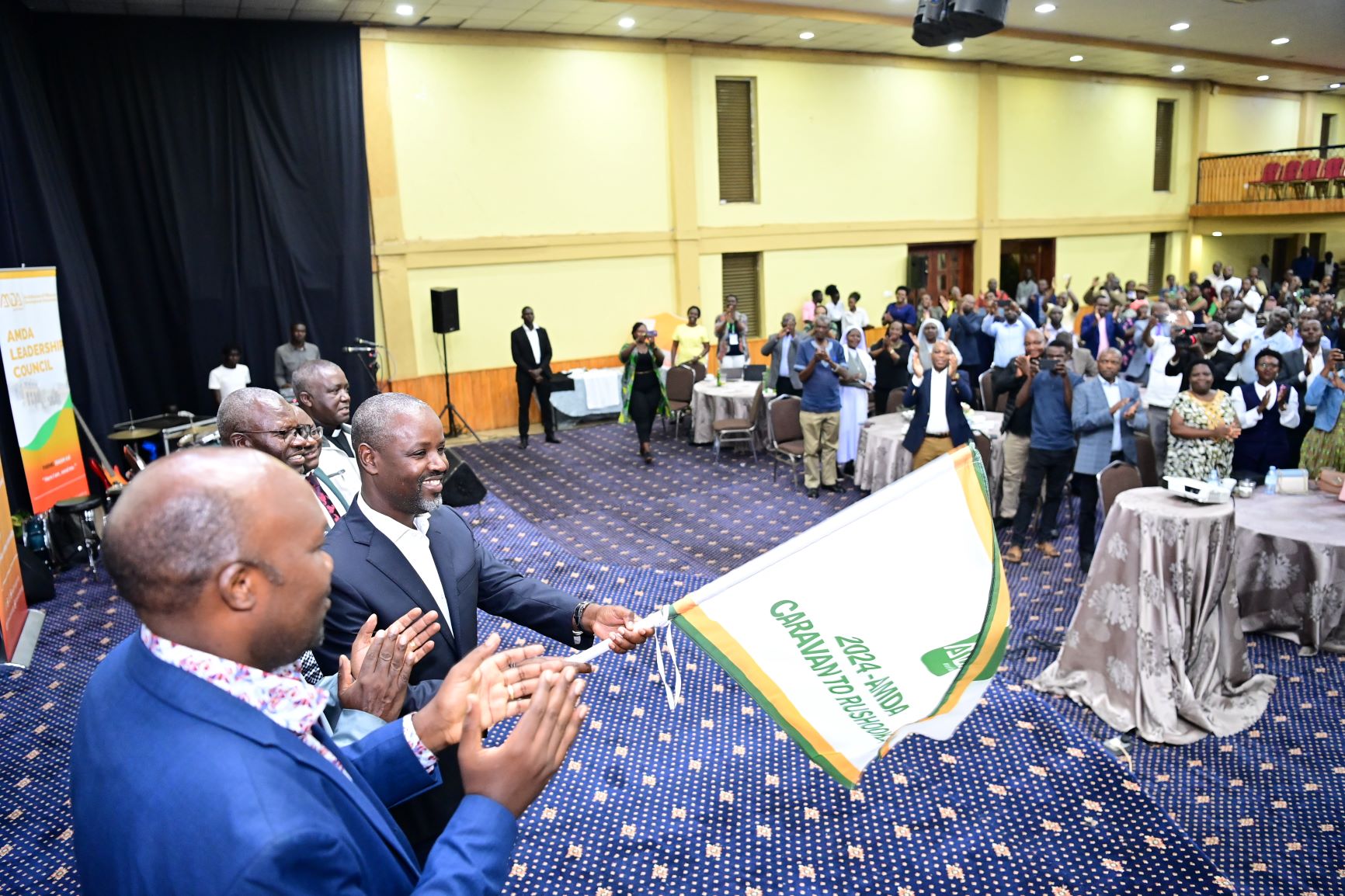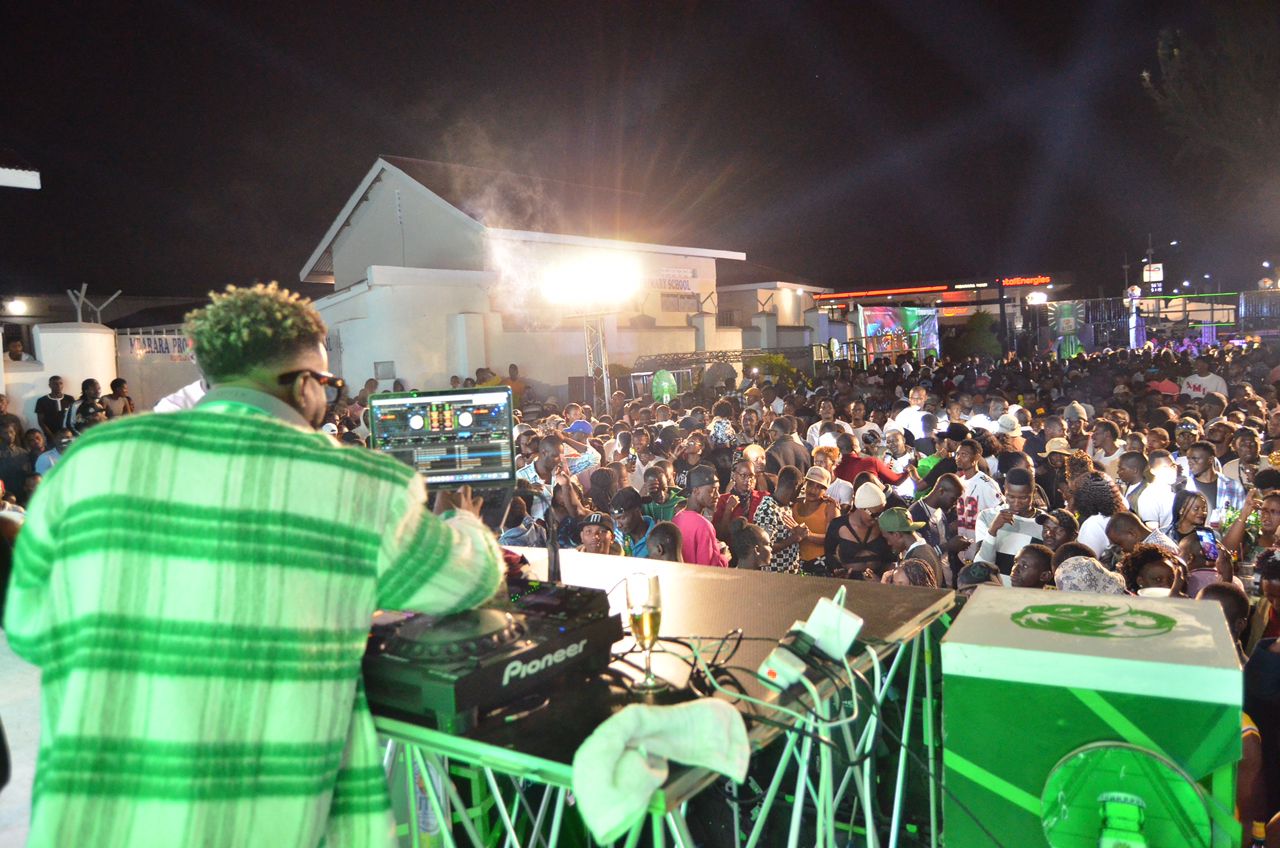IGAD mediates Somalia-Ethiopia standoff
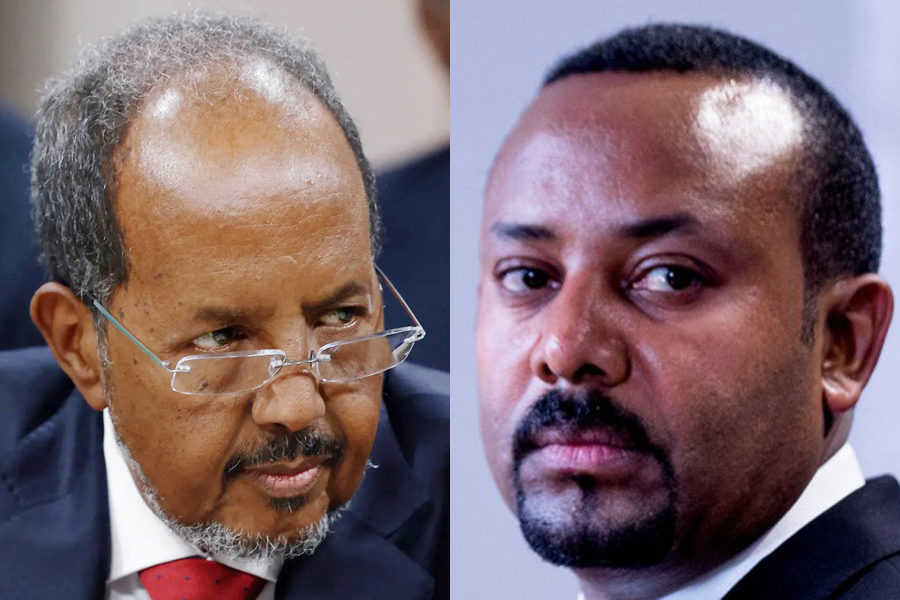
The standoff, rooted in historical grievances, territorial disputes, and geopolitical rivalries, poses a significant challenge to regional stability and threatens to undermine efforts towards peace and cooperation in the Horn of Africa.
The Intergovernmental Authority on Development (IGAD) finds itself thrust into the spotlight once again as tensions escalate between Somalia and Ethiopia, two key members of the regional bloc.
The standoff, rooted in historical grievances, territorial disputes, and geopolitical rivalries, poses a significant challenge to regional stability and threatens to undermine efforts towards peace and cooperation in the Horn of Africa.
As IGAD steps in to mediate the dispute, the international community watches closely, wary of the potential ramifications for the region and beyond.
The origins of the Somalia-Ethiopia standoff can be traced back to a myriad of factors, including border demarcation disputes, security concerns, and political tensions.
The recent escalation, however, stems from Somalia's decision to cut diplomatic ties with Ethiopia, accusing its neighbor of interfering in its internal affairs and supporting opposition groups seeking to destabilize the Somali government.
Ethiopia, for its part, denies the allegations and accuses Somalia of harboring extremists and sponsoring terrorism on its soil.
The dispute has intensified in recent months, with both sides engaging in diplomatic maneuvers, military deployments, and rhetorical sparring.
Somalia's decision to expel the Ethiopian ambassador and recall its own envoy from Addis Ababa marked a significant escalation, prompting fears of further deterioration in relations between the two countries.
Ethiopia, meanwhile, has bolstered its military presence along the border with Somalia, raising concerns of a potential military confrontation.
Against this backdrop of rising tensions, IGAD has emerged as a key mediator, seeking to defuse the crisis and facilitate dialogue between the parties involved.
Comprising eight member states, including Somalia, Ethiopia, and neighboring countries such as Kenya and Djibouti, IGAD holds a unique position to broker peace and promote regional cooperation.
However, the organization faces significant challenges in navigating the complex dynamics of the Somalia-Ethiopia standoff and brokering a sustainable resolution.
IGAD's mediation efforts are guided by principles of dialogue, diplomacy, and conflict resolution, with the aim of addressing the root causes of the dispute and fostering mutual understanding between the parties. High-level diplomatic meetings, shuttle diplomacy, and backchannel negotiations serve as avenues for engagement, allowing IGAD to bridge the gap between Somalia and Ethiopia and explore potential avenues for de-escalation.
The mediation process, however, is fraught with obstacles, including deep-seated mistrust, divergent interests, and geopolitical rivalries. Somalia's fragile political landscape, characterized by clan rivalries and governance challenges, complicates efforts to achieve a consensus on the way forward. Similarly, Ethiopia's internal dynamics, including its ongoing conflict in the Tigray region and domestic political pressures, shape its approach to the standoff with Somalia.
Moreover, external actors, including regional powers and international stakeholders, exert influence on the Somalia-Ethiopia dispute, further complicating IGAD's mediation efforts.
Countries such as Qatar, Turkey, and the United Arab Emirates (UAE) have vested interests in the Horn of Africa and may seek to leverage their influence to advance their own agendas.
Similarly, Western powers, including the United States and European Union, closely monitor developments in the region and may intervene to safeguard their strategic interests.
As IGAD navigates the complexities of the Somalia-Ethiopia standoff, the stakes are high for regional stability and security. A protracted conflict between the two countries could have far-reaching consequences, exacerbating humanitarian crises, displacing populations, and fueling extremism and terrorism in the region.
Moreover, it could undermine efforts towards economic integration, development, and cooperation, hampering the prospects for peace and prosperity in the Horn of Africa.
In light of these challenges, IGAD's role as a mediator is more crucial than ever, requiring sustained diplomatic engagement, creative diplomacy, and multilateral cooperation.
The organization must leverage its convening power, institutional expertise, and regional legitimacy to facilitate constructive dialogue and bridge the divide between Somalia and Ethiopia.
Moreover, it must work closely with international partners, including the African Union (AU), United Nations (UN), and neighboring countries, to garner support for its mediation efforts and ensure a comprehensive and sustainable resolution to the standoff.
As IGAD intensifies its mediation efforts, the international community must rally behind the regional bloc, offering political support, financial resources, and technical assistance to bolster its capacity to address the Somalia-Ethiopia standoff effectively.
The stakes are too high to ignore, and failure to resolve the dispute could plunge the Horn of Africa into further turmoil, threatening the lives and livelihoods of millions and undermining decades of efforts towards peace and stability in the region.




